City Scripts, an annual festival organised by the Indian Institute for Human Settlements (IIHS) illuminates the intricate connections between people, places, and the evolving landscapes they inhabit. As cities emerge as crucibles of human experience, the festival emerges as a crucial forum for exploration and dialogue. We engaged the City Scripts team to unveil their insights and aspirations for this year’s edition. Here are the edited highlights from our conversation:
In what ways do the narratives explored at City Scripts reflect the multifaceted layers of urban existence, capturing the complexities, contradictions, and aspirations embedded within modern cities?
Through our understanding of ‘writings’ being pluralistic, we have curated conversations, exhibitions, workshops and walks that have allowed audiences to engage with the city through art, textile, typography, research, audio formats, zines and games apart from writings across fiction and non-fiction. Our curatorial choices deliberately focus on the complexities of cities, steering away from simplistic understandings of cityscapes as either being utopic or dystopic.
In the wake of rapid urbanisation and its impacts on communities, what role does literature and art play in fostering conversations about sustainable urban development?
Literature speaks of the tensions between climate and the changing human relationships against rising environmental crises. They act as a zeitgeist to the age we currently inhabit. The role of literature is not to provide solutions, but to simulate experiences. There could be more conversations, but less lies within the domain of literature, at present. This year, we have a yarn spinning workshop where participants will use charkas to make thread, led by Minakshi Prabhu and K J Sathidananda from Tvami. And we feature a bunch of exhibitions featuring biodiversity, history and textile based artistic practice. Hopefully, these experiential features will create a stronger impact on communities.
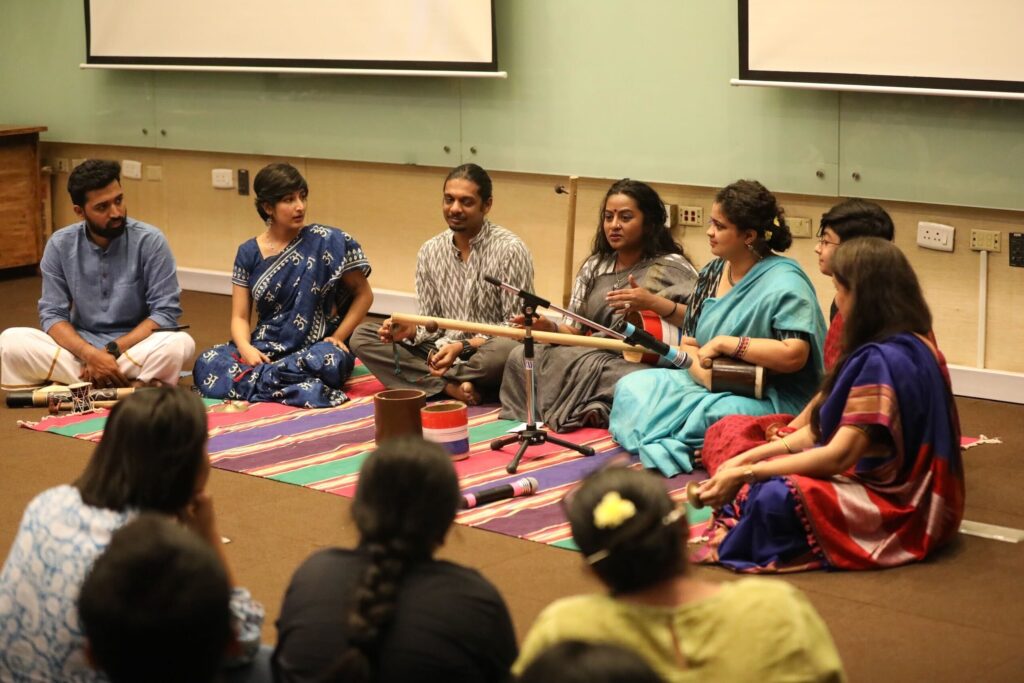
The festival has hosted renowned figures across various fields. How do you curate a lineup that balances established voices with emerging talents, ensuring a dynamic exchange of ideas and perspectives?
Firstly, we ignore the publishing and market forces driving book/author showcases and find topics that are relevant for the urban. These topics will need to have some continuing relevance rather than a temporary one. For example, this year, we are revisiting Gabriel Garcia Marquez’s influence on Indian writing through eminent authors. Secondly, we prefer to curate panels featuring independent publishers, or people who have taken the self publishing route. And finally, we really keep our eyes open to issues pertaining to contemporary lives, and pick up themes when we see a novel idea, or graceful craft being pursued by a new writer.
As City Scripts celebrates the diverse narratives that shape urban landscapes, how do you ensure inclusivity and representation of marginalised voices within the festival’s programming?
We have focused on marginalised voices both in terms of regions they represent as well as caste and gender. In the past, this has appeared in more direct ways. This year, our approach is through entangled narratives and marginalised forms within art and literature. For instance, the panel on Greatest Stories Ever Told will pull out experiences of agricultural labourers and dalit voices in short fiction. The panel on reading communities in Bengaluru focuses on how people meet in the city to read Ambedkar together, or claim public spaces, just to read together.
How does City Scripts envision the future of urban writings? Are there emerging trends or themes that you anticipate exploring in the upcoming edition?
Too hard to say now. But we would definitely like to curate more panels in the future on urban heat, environment, showcasing books on migration, future of agriculture, urban issues and more.
As City Scripts fosters dialogue and reflection on the urban experience, how do you see literature and arts influencing policy-making and urban planning processes?
We at IIHS firmly believe that literature and art can evoke critical reflections and conversations about what kind of cities we live in and what kind of cities we want to live in. These expressions go beyond data sets and policy jargon and spotlight the everyday lives of people and their lived experiences, humanise urban issues, making them more relatable and understandable. This can help policymakers empathise with communities and make informed policy decisions that puts equity and social justice at the forefront.
Over the past nine years, City Scripts has become that place where research, practice and the public come together. Community members, activists, artists and academics have shared their perspectives on urban life, discussed and debated the role of citizens in urban governance and decision-making, bringing attention to marginalised voices and systemic challenges. Through the festival, we will continue to raise awareness and spark conversations, with the ultimate aim of making cities better places to live.
In what ways does City Scripts engage with local communities in Bengaluru and beyond, beyond the confines of the festival dates, to sustain a year-round conversation on urban writings and issues?
The monthly editions of City Scripts, which usually feature one session a month, were started with the intention of continuing our engagement with our audience through the year. In the session on podcasts based in Bangalore, we focused on how this format captures the pulse of the city through language, women’s lives, storytelling and sustainability. In the monthly sessions, we also seek to highlight writers based in Bangalore and nearby, introducing our audience to new writing and contemporary voices. We have featured conversations with Zac O’Yeah, Menaka Raman, Samar Halarnkar, Anjum Hasan, Suresh Menon, Harini Nagendra and Lavanya Lakshminarayan, among others.
We have also worked closely with cultural institutions across the city such as Sangam House, Goethe-Institut / Max Mueller Bhavan Bangalore, Museum of Art and Photography, Quicksand Design Studio and Yayavr Book Club in our monthly sessions. Through these partnerships we have sought to expand the imagination of the city through the diverse practices and inquiries of these organisations.
Tell us how does City Scripts encourage participants to interact with the urban environment of Bengaluru, whether through guided tours, site-specific performances, or other immersive experiences?
City Scripts has offered guided walks in its programme, which have explored public libraries of Bangalore and a cultural tour of Malleshwaram. We have also engaged specifically with neighbourhoods and their histories, for instance, through a book club session on coffee and Malleshwaram. Our exhibitions like Warp and Weft of Bangalore and Time-Travelling on Bengaluru’s Metro: Postcards from the Past offer immersive experiences to understand the city’s history and the evolution of neighbourhoods.
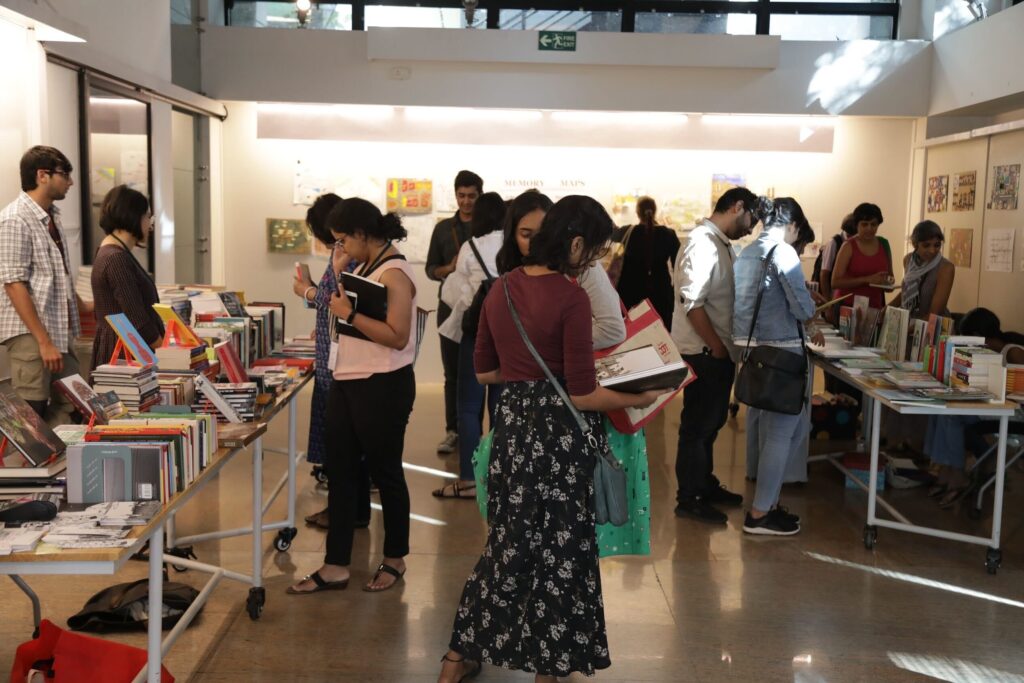
How does City Scripts foster a sense of community and belonging among its attendees, creating opportunities for networking, collaboration, and collective reflection on the role of literature and art in shaping urban life?
City Scripts has been committed to fostering public engagement and keeping all our programming free and open to all. We encourage lively discussions, questions and a free exchange of ideas between the audience and the speakers. Our audience members have also come back to facilitate conversations and sessions for us. City Scripts’ focus has always been to facilitate shared explorations and connections about the city by minimising the distance between the speaker and the audience, creating a sense of informality and intimacy.
For more articles on festivals in India, check out our Read section of this website.
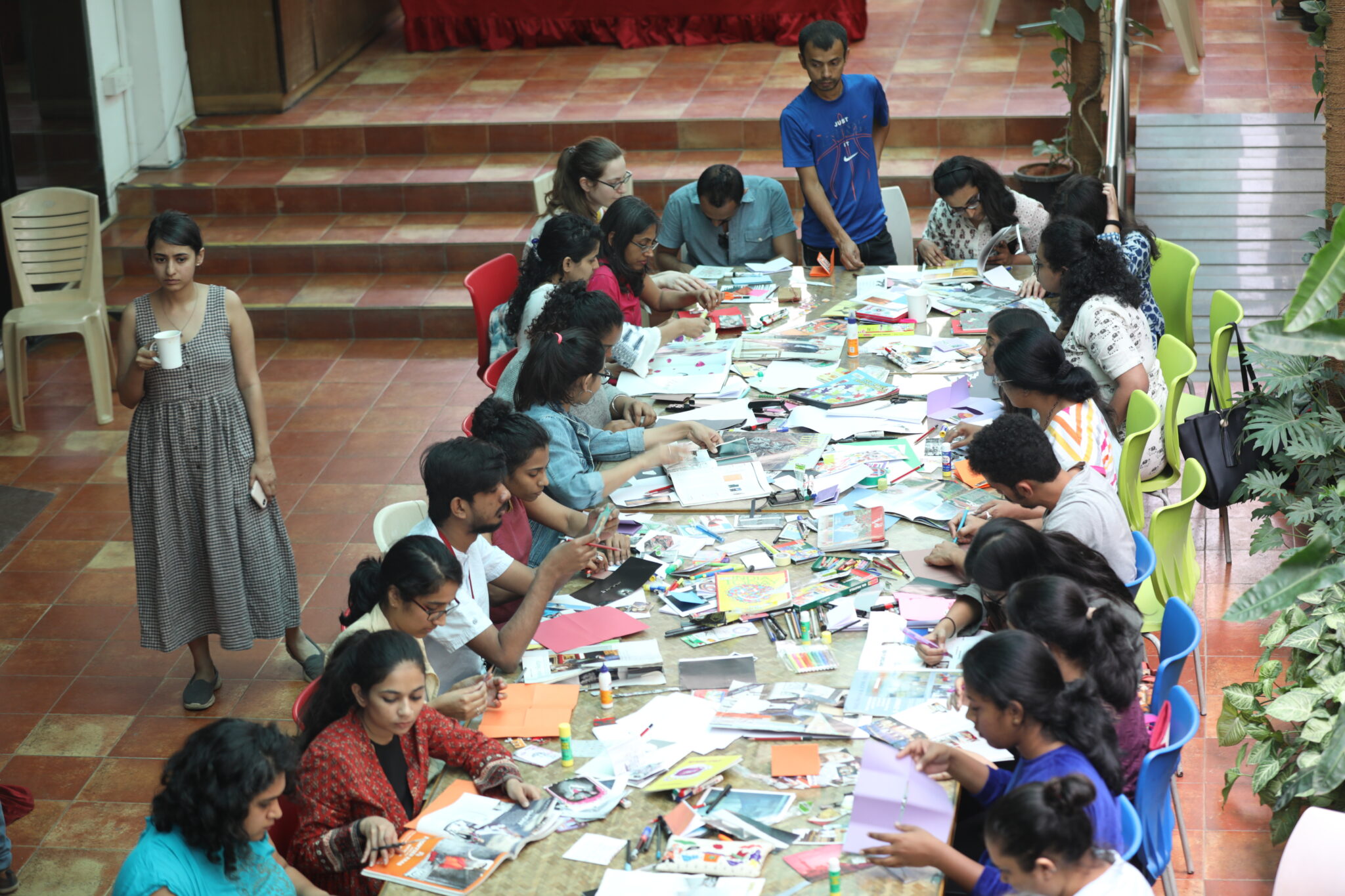
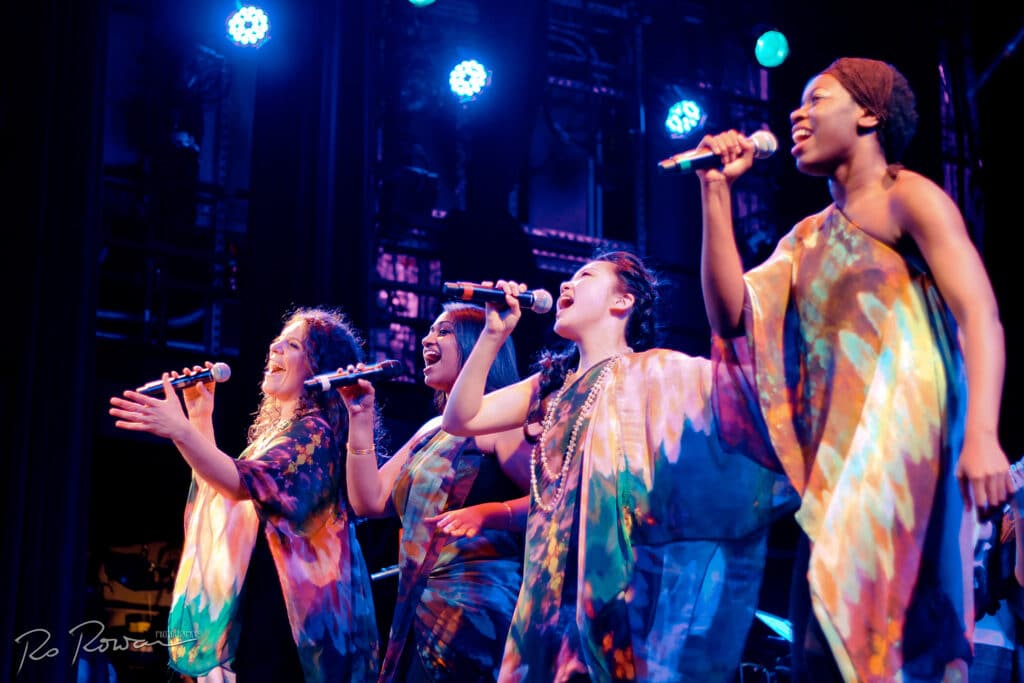
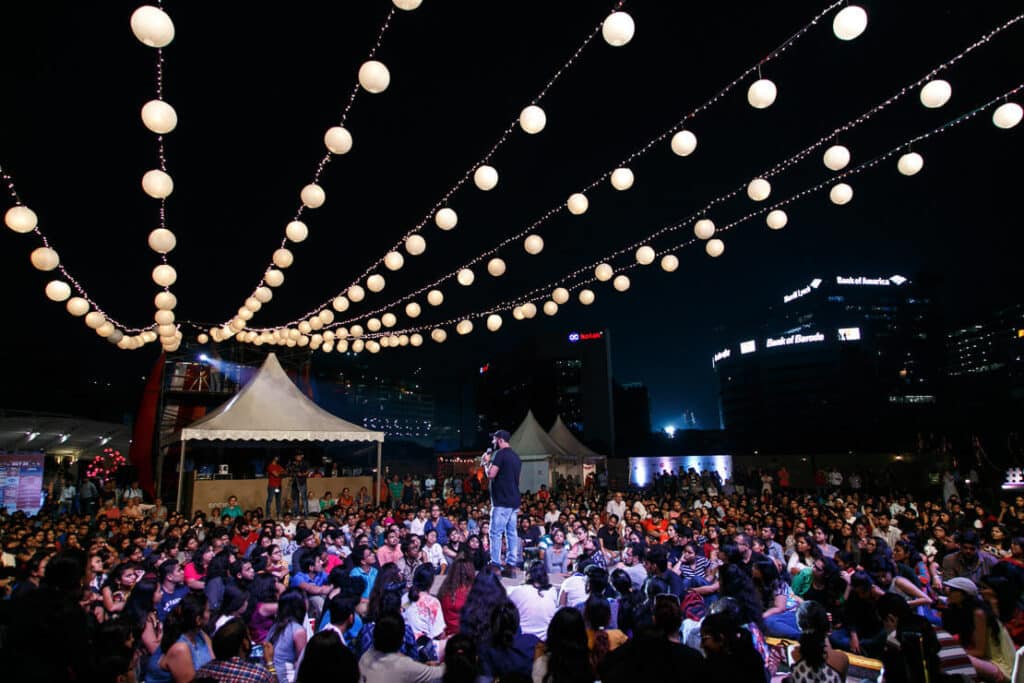
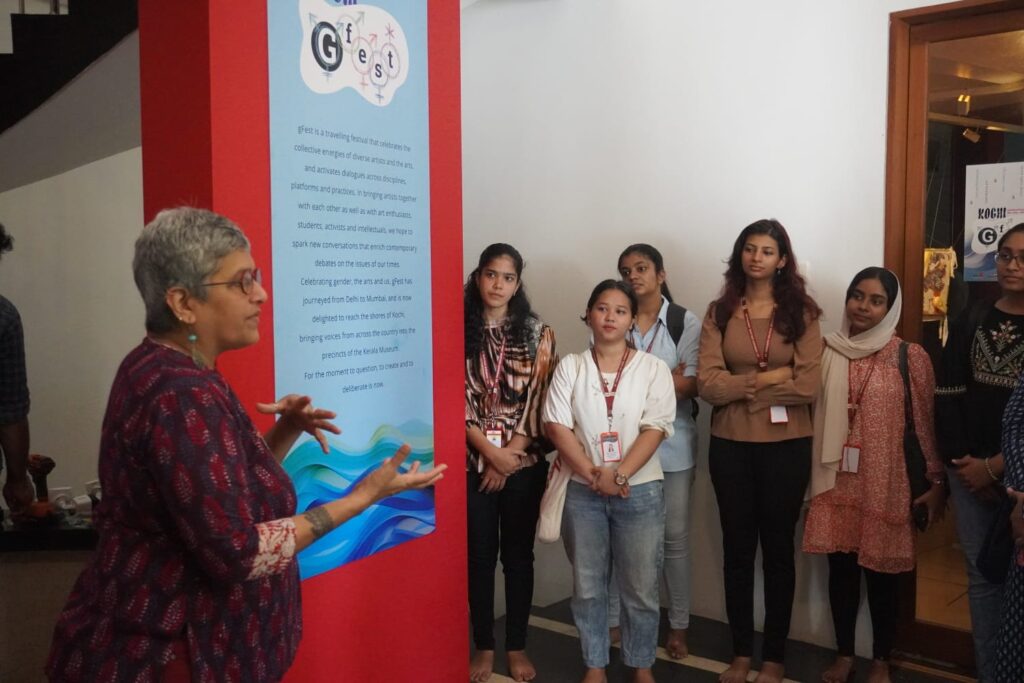
Share on